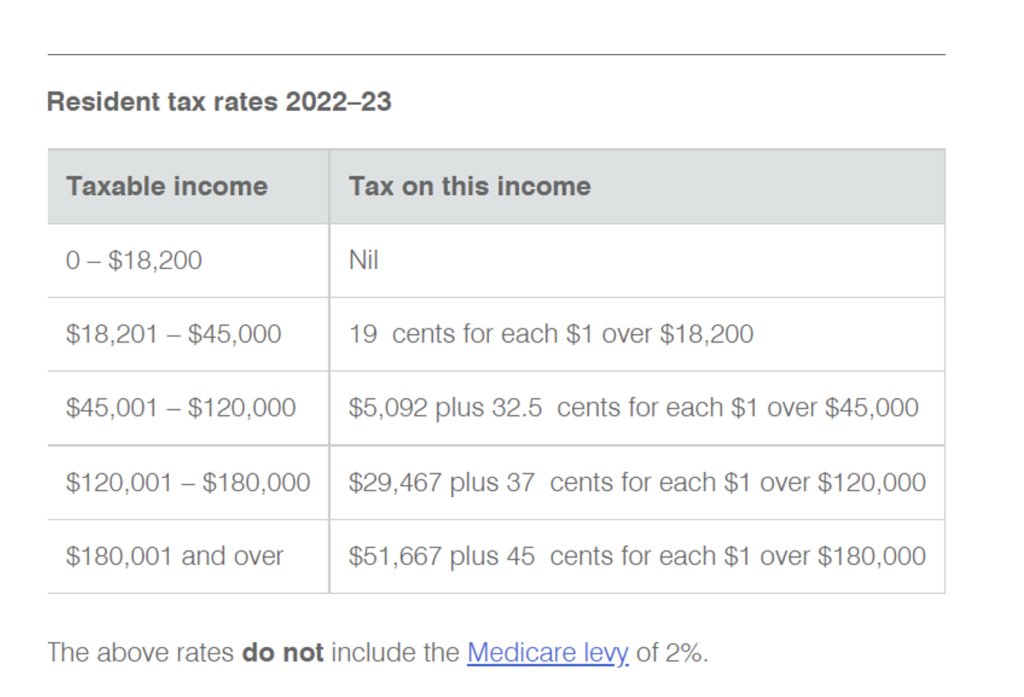This week’s episode is about many things…
💎 The boundless rewards that come from delayed gratification,
📚 The enlightening power of financial empowerment, and…
🧑🌾 Getting out of your comfort zone by heading to the outback.
Meet Amy, today’s brave and resourceful Summer Series guest!
Growing up with “tangible money values”, Amy would spend her early 20’s prioritising life experiences over financial gain until the age of 26 when she made 1 life-changing decision…
This would completely change her financial future and allow her and Sam, her wife, to leap onto the property ladder in less than a year.
Tune in to hear what this revolutionary decision was, their experience moving from the East Coast to the Outback and their diverse property investing journey.
From their first hands-on property investment to the land purchase near Byron Bay to the joint venture with her parents, Amy’s story has many chapters full of laughs and good lessons along the way.
An episode for those who are willing to get outside their comfort zone to get into the property game, listen in now!
P.S. Did we mention…Amy’s been a Property Couch listener for 9 years?! What an honour to talk to a long-time listener 😊🌌✨
Free Stuff Mentioned
- FREE BOOK!— Make Money Simple Again
- FREE Money Management System: Moorr (the system that implements Money SMARTS for you)
- FREE BOOK – The Armchair Guide To Property Investing
- The Binge Guide – The First 20 Episodes
Timestamps
- 0:00 – “We’re Moving to Kalgoorlie!”: Sacrifices, Savings, and Three Investment Properties Later
- 1:23 – Welcome Amy!
- 2:30 – Tangible money values & having parents who “taught them how to fish”
- 5:52 – 2 sisters, 2 different investing pathways
- 6:54 – Passing on these values to the kids…
- 8:08 – Travelling & spending on experiences in her 20s
- 9:47 – The money system she’s always used to save…
- 10:55 – The big sacrifice they had to make to get onto the property ladder
- 12:21 – From the Coast to Outback: The Move to Kalgoorlie!
- 14:19 – Why did Amy decide to financially educate herself?
- 17:00 – Why they chose their investing strategy!
- 17:21 – Their first investment property
- 19:19 – THIS is best asset they purchased!
- 21:13 – Why did they choose to invest and build a Granny Flat?
- 23:23 – Releasing Equity & Starting a Family
- 24:57 – Going borderless!
- 27:38 – Would she do it again?
- 29:51 – The joint venture with the parents!
- 32:45 – Her pragmatic approach to rates and land tax
- 36:16 – Into the future: Kids growing up and outgrowing the family home?
- 38:04 – What does money mean to Amy?
- 40:59 – Why she wanted to come onto the couch!
- 44:07 – Key Takeaways
- 45:37 – What an incredible story! Thank you Amy! 😊

 Subscribe On Itunes
Subscribe On Itunes Subscribe On Android
Subscribe On Android

